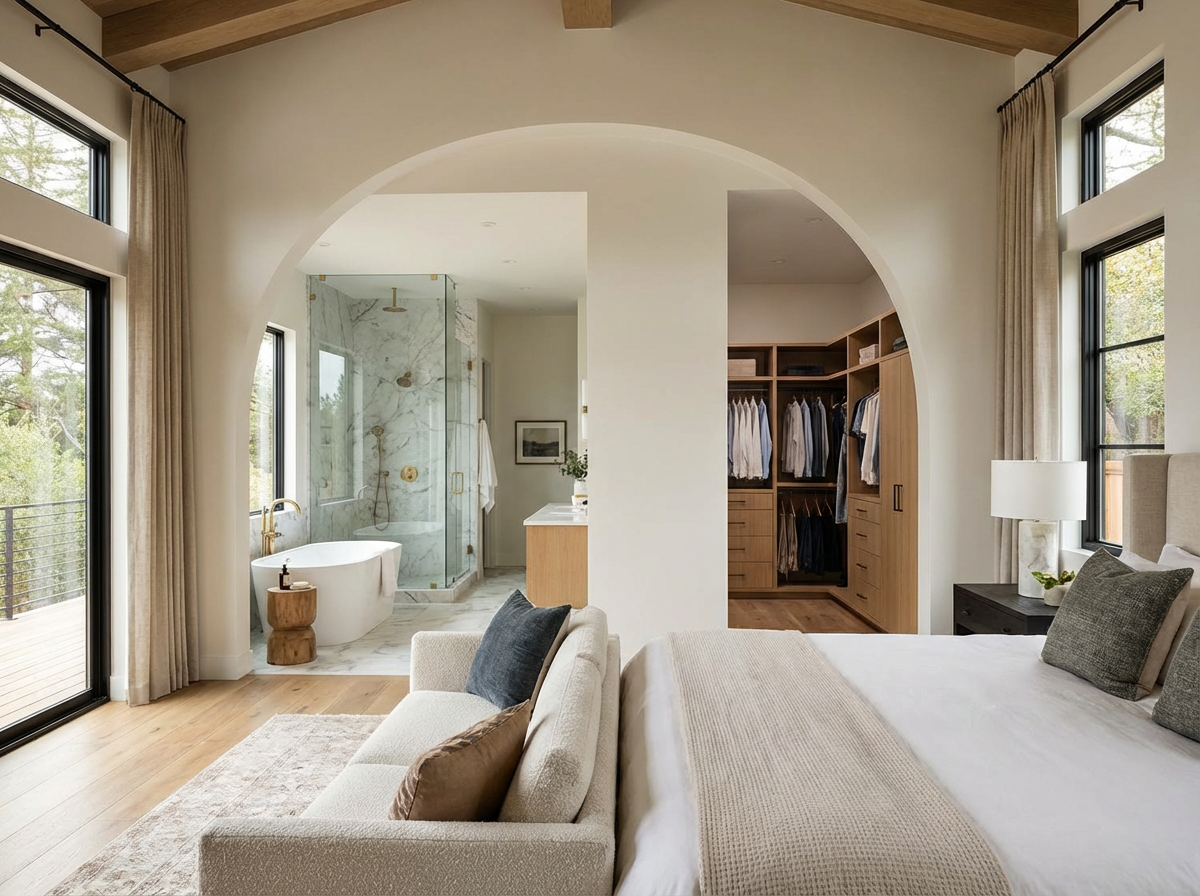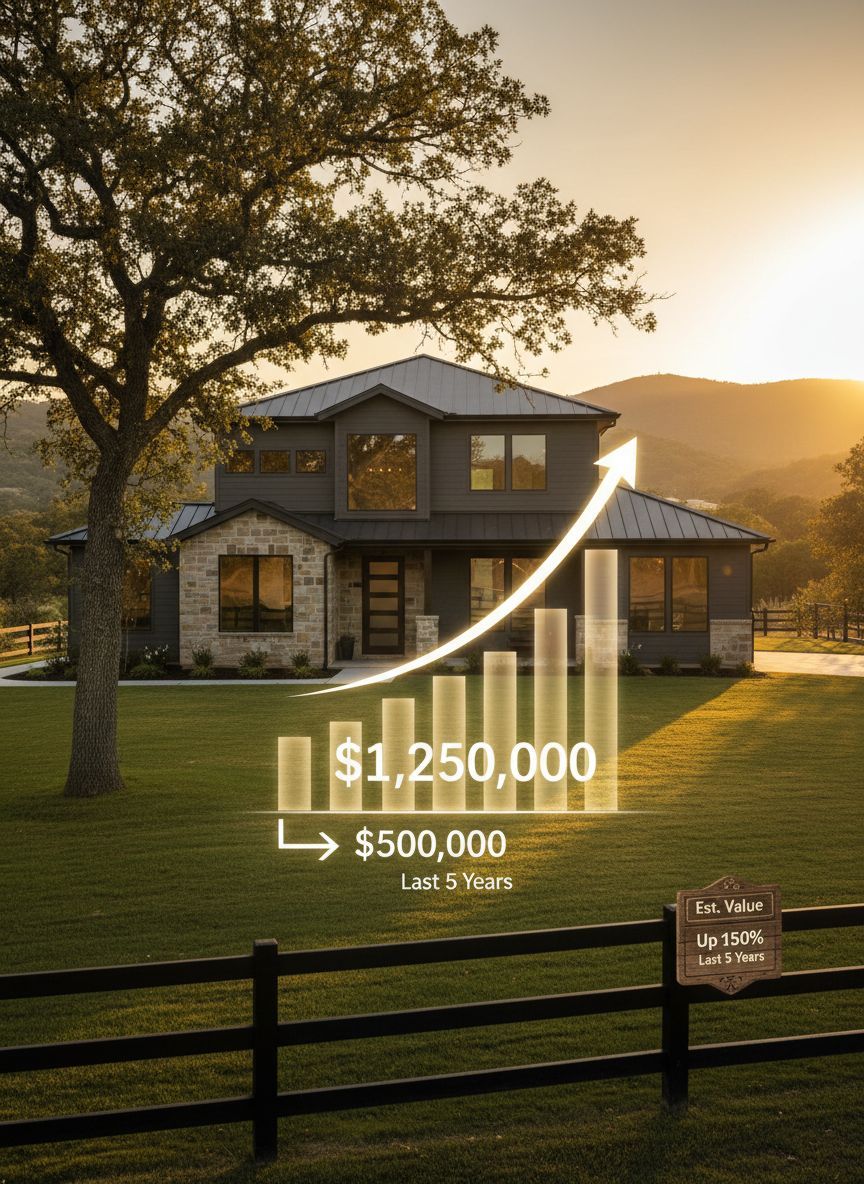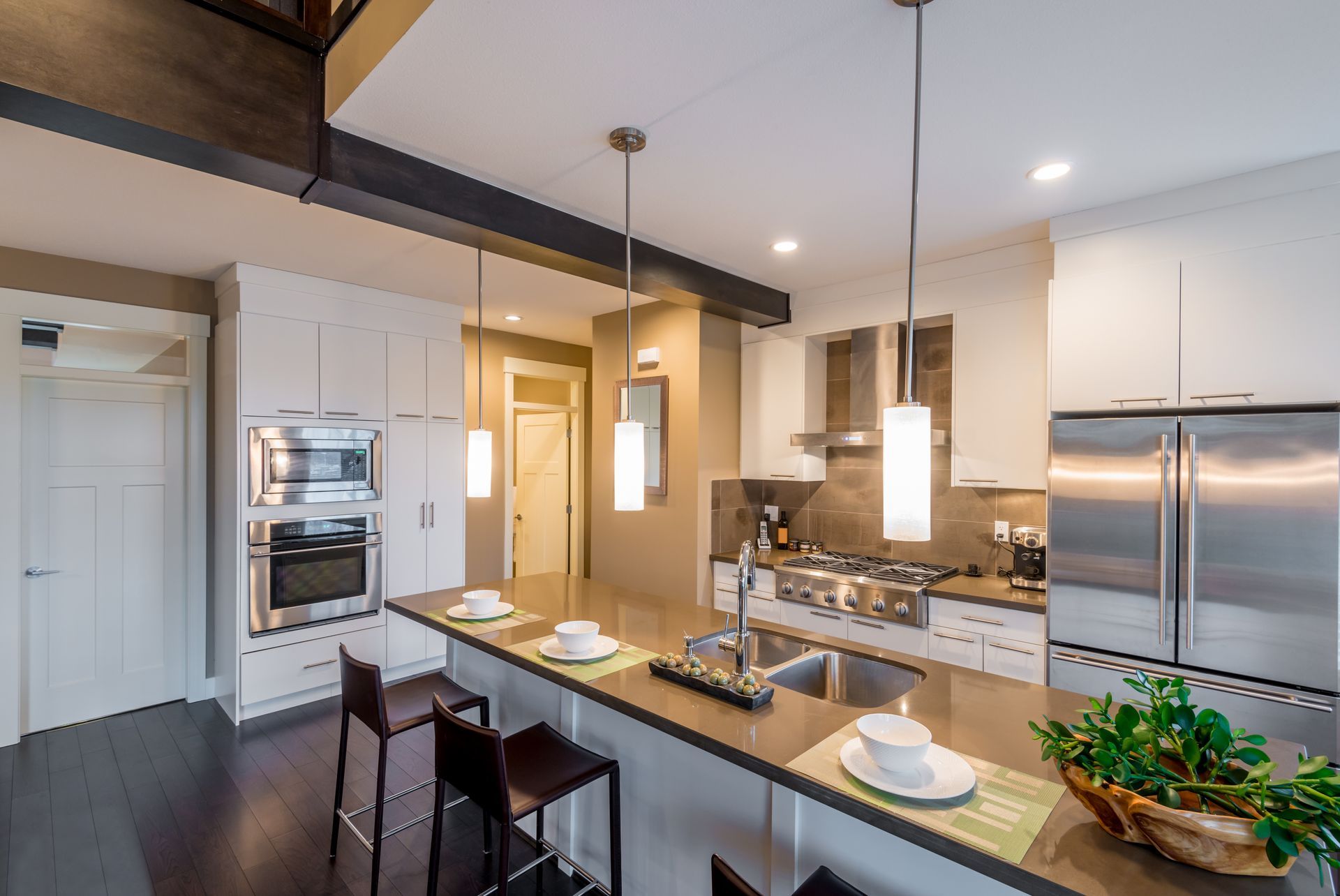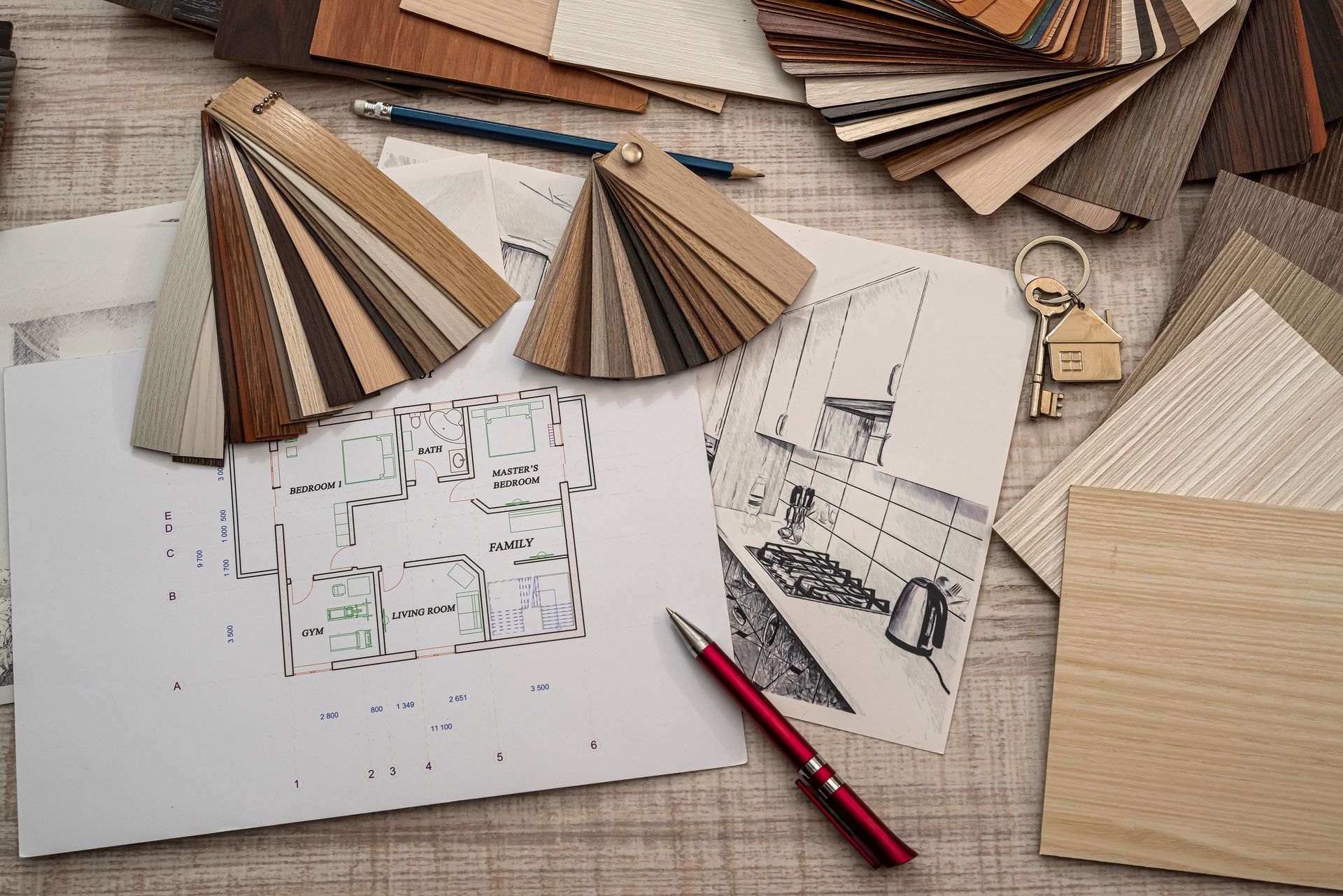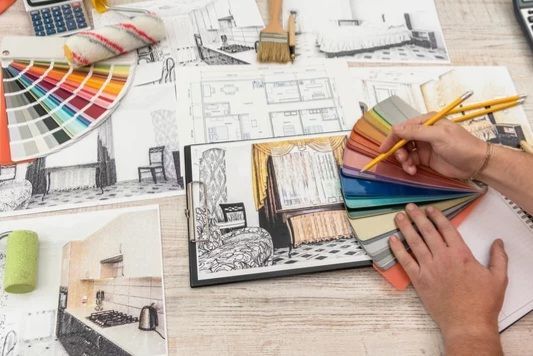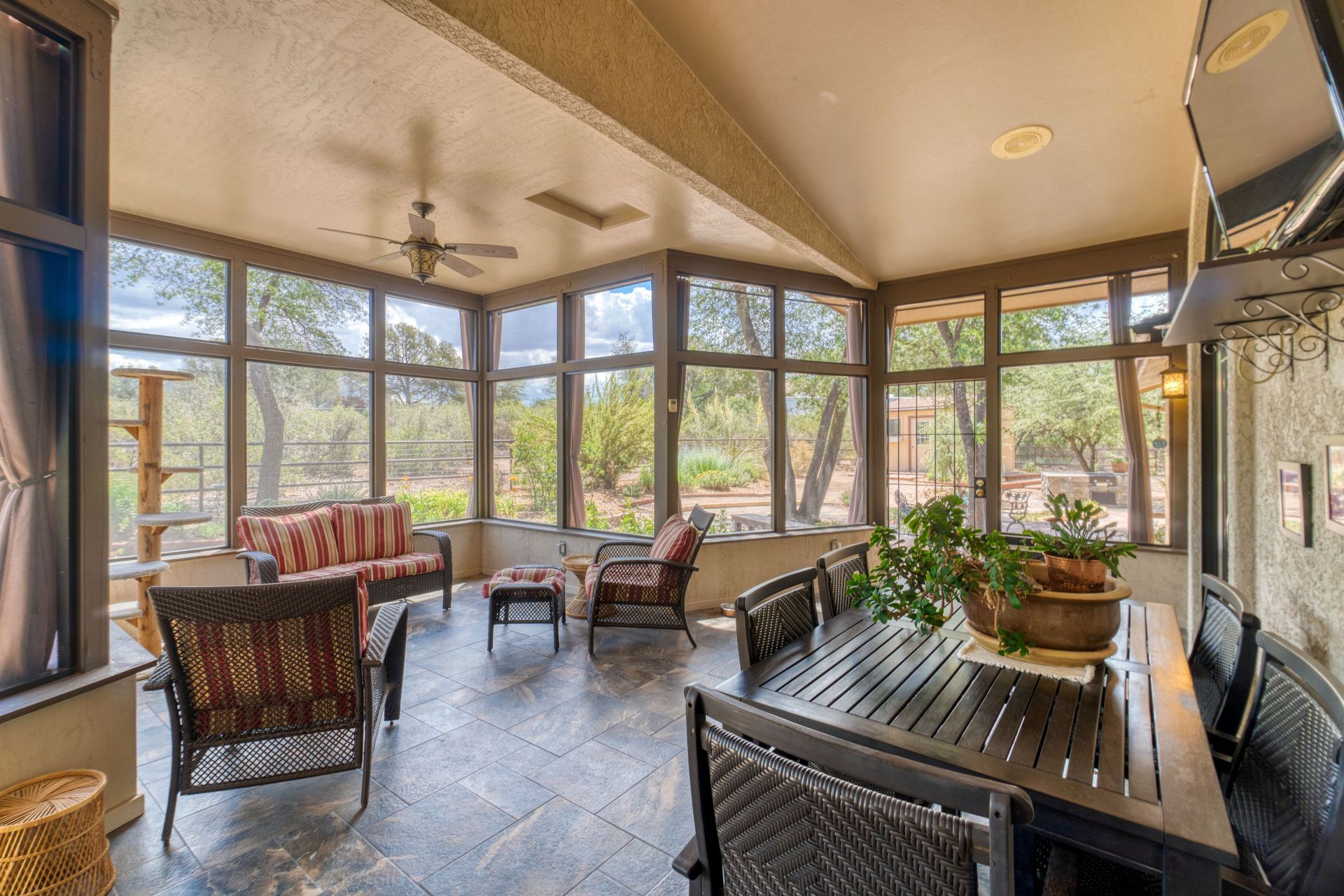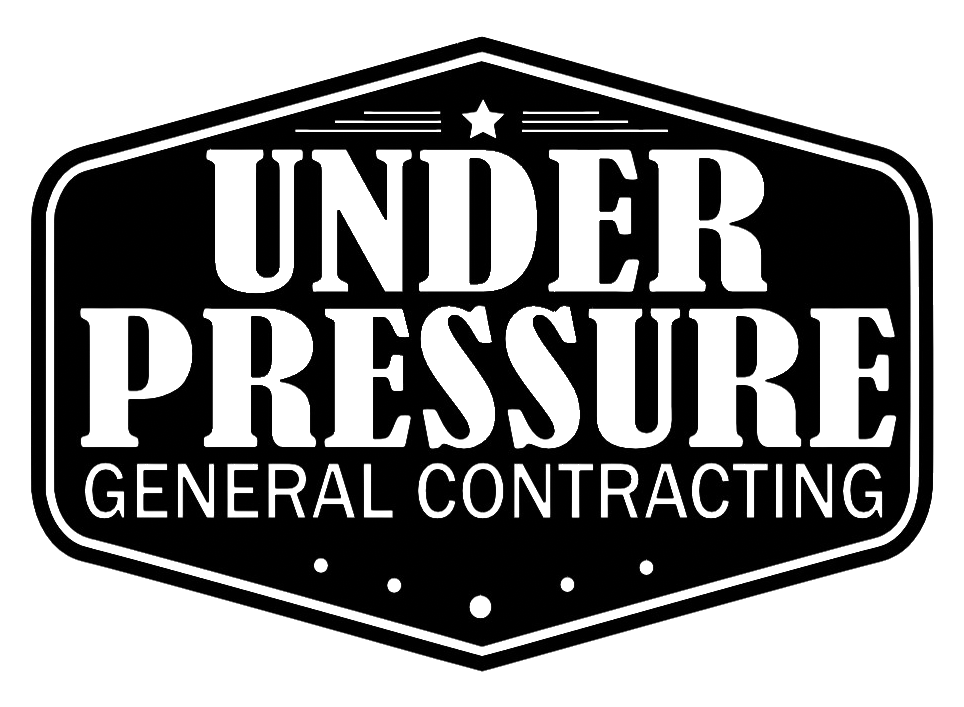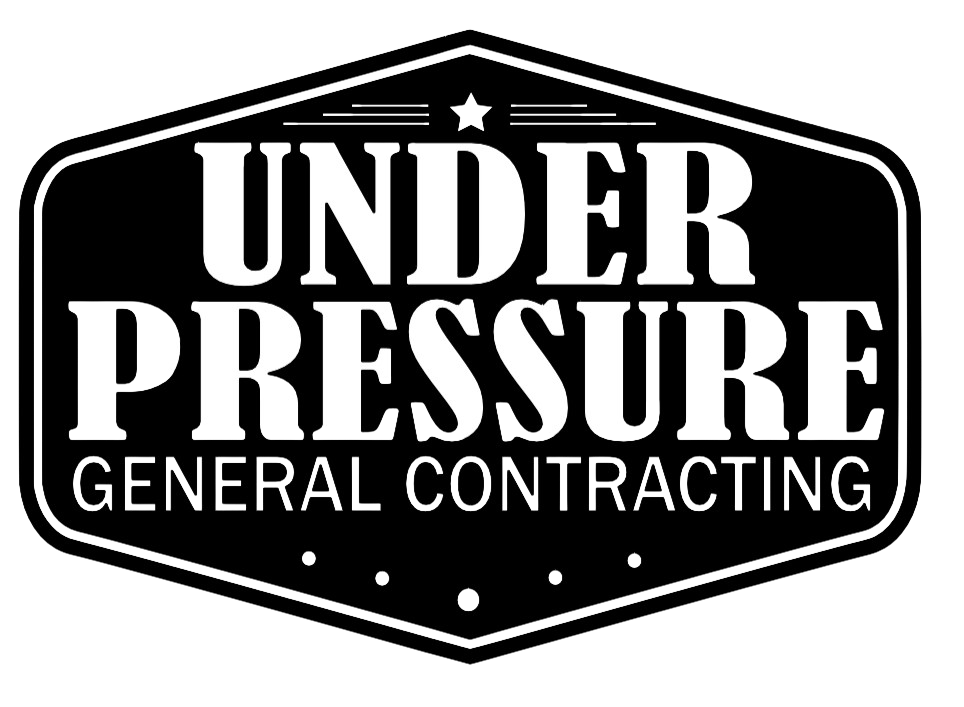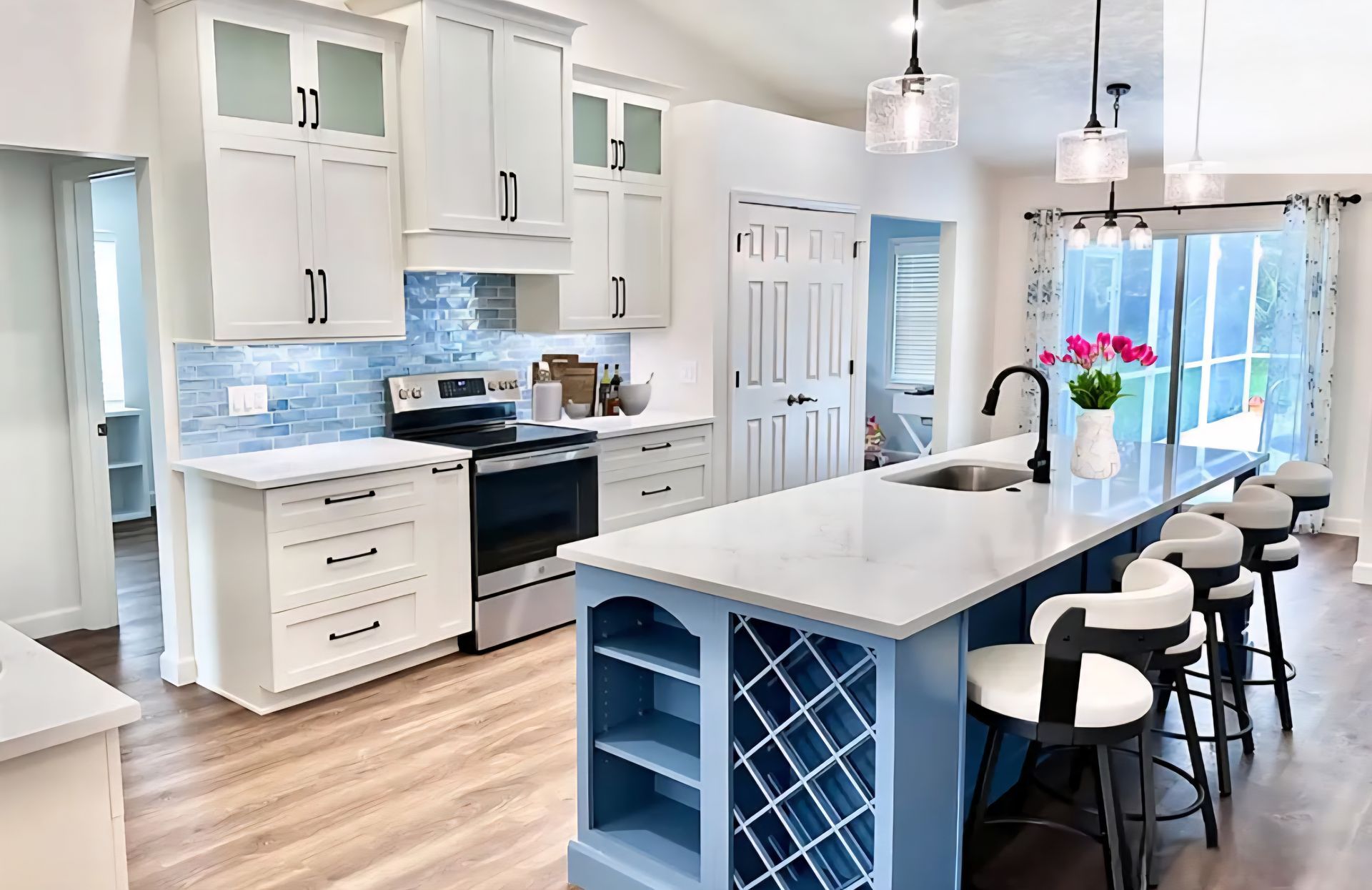Factors to Consider When Choosing the Best Flooring in Shawnee
Choosing the best flooring involves considering several factors to ensure the selection meets your needs, lifestyle, and budget. Here's a breakdown of the key factors, along with the pros and cons of different flooring types:
Factors to Consider When Choosing Flooring
- Room Function and Traffic: Different rooms have different needs. High-traffic areas like hallways, living rooms, and kitchens require more durable flooring than bedrooms or guest rooms.
- Moisture Levels: Bathrooms, kitchens, and basements are prone to moisture. Choose water-resistant options like tile, vinyl, or properly sealed hardwood/engineered wood for these areas.
- Durability: Consider the wear and tear the flooring will endure. Homes with pets or children benefit from scratch-resistant and dent-resistant options.
- Maintenance: Some flooring types require more upkeep than others. Think about how much time and effort you're willing to spend on cleaning and maintenance.
- Comfort and Noise: Carpet and cork offer more comfort underfoot and help dampen sound, while hard surfaces can be colder and noisier.
- Style and Aesthetics: The flooring should complement your home's decor and your personal taste. Consider color, texture, and pattern.
- Budget: Flooring costs vary significantly, including material and installation. Determine your budget early in the process.
- Installation: Some flooring types are DIY-friendly, while others require professional installation, impacting the overall cost.
- Subfloor: The existing subfloor can influence your flooring choices. Some flooring types require a perfectly level subfloor.
- Lifespan and Resale Value: Consider how long you want the flooring to last and whether it will add to your home's resale value. Hardwood is often seen as a value-adder.
- Allergies: For allergy sufferers, hard surfaces like hardwood, tile, or vinyl are generally better than carpet, which can trap allergens.
- Sustainability: If environmental impact is a concern, consider options like linoleum, bamboo, or reclaimed wood.
Different Types of Flooring: Pros and Cons
Here's a look at some common flooring types, along with their advantages and disadvantages:
Hardwood (Solid)
Pros: Timeless beauty, durable, can be refinished multiple times, increases home value, hypoallergenic.
Cons: Expensive, susceptible to scratches and water damage, requires regular maintenance, can be noisy.
Engineered Wood
Pros: More moisture-resistant than solid hardwood, less prone to warping, can be more affordable, easier to install.
Cons: Can't be refinished as many times as solid wood, veneer layer can be damaged, can still be susceptible to moisture.
Laminate
Pros: Affordable, durable, scratch-resistant, easy to install, various styles mimicking wood and tile.
Cons: Not water-resistant (unless specific type), cannot be refinished, can look less realistic than real wood.
Luxury Vinyl (LVP/LVT)
Pros: Highly durable, waterproof, stain-resistant, easy to clean, comfortable underfoot, many realistic styles.
Cons: Can be more expensive than basic vinyl, difficult to repair individual planks/tiles in some installations.
Vinyl Sheet
Pros: Affordable, water-resistant, easy to clean, few seams.
Cons: Less durable than LVP/LVT, can be prone to tears and dents, can emit VOCs, difficult to repair
Tile (Ceramic & Porcelain
Pros: Extremely durable, water-resistant, easy to clean, many design options, good for high-traffic areas.
Cons: Can be cold and hard underfoot, can be slippery when wet, installation can be labor-intensive, grout requires maintenance.
Stone (Natural)
Pros: Very durable, luxurious look, water-resistant, unique appearance.
Cons: Expensive, can be cold and hard, some types require sealing and more maintenance, can be slippery.
Carpet
Pros: Comfortable and warm underfoot, reduces noise, relatively affordable, many styles and colors.
Cons: Can trap allergens and stains, requires regular cleaning, not suitable for high-moisture areas, shows wear over time.
Linoleum
Pros: Durable, water-resistant, eco-friendly (made from natural materials), various colors and patterns
Cons: Can be susceptible to dents, may yellow with age, glue-down installation can be complex.
Bamboo
Pros: Durable, sustainable, stylish, can be refinished (some types).
Cons: Can be susceptible to scratches and dents, not as moisture-resistant as some other options, quality varies.
Cork
Pros: Comfortable and warm underfoot, sound-absorbent, eco-friendly.
Cons: Can be susceptible to scratches and dents, not ideal for high-moisture areas, limited style options.
Rubber
Pros: Durable, slip-resistant, comfortable, sound-absorbent, often made from recycled materials
Cons: Limited style options, can be expensive, may have a distinct odor initially.
Concrete
Pros: Very durable, low maintenance, can be stained and polished for various looks.
Cons: Can be cold and hard, susceptible to cracking, requires sealing.
By carefully considering these factors and weighing the pros and cons of different flooring types, you can choose the best option that meets your specific needs and preferences. If choosing the perfect materials for your home feels overwhelming, let Under Pressure General Contracting take the burden off your shoulders. We offer a full service experience from concept - to design - to completion. We're "Under Pressure" so you dont have to be!
